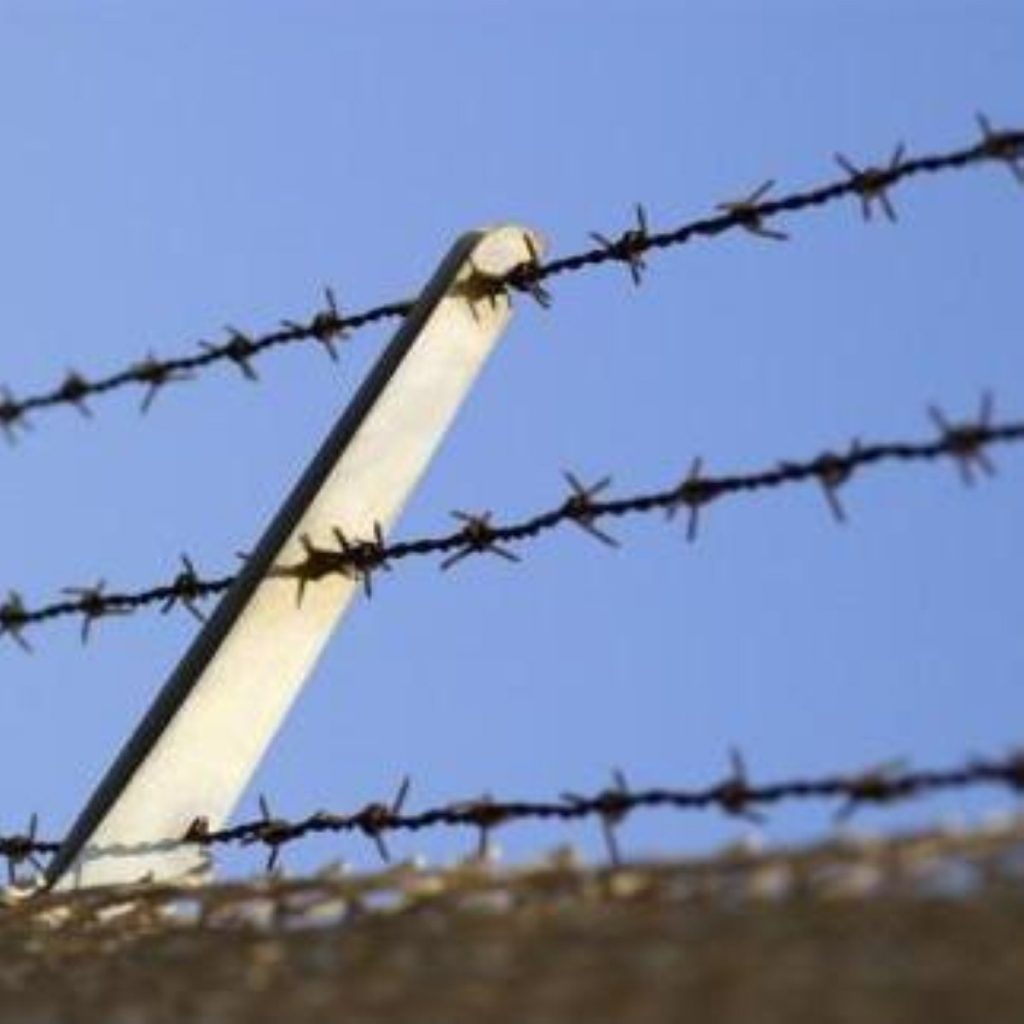Govt gets tough on serious offenders
The government is to build 8,000 more prison places and introduce tougher sentences for the most dangerous criminals under reforms of the criminal justice system unveiled today.
Home secretary John Reid said this extra capacity would be used primarily to protect the public from the most dangerous offenders, by ensuring they were locked up for longer.
Those given indefinite sentences would lose their automatic right to parole at the halfway point, while the 30 per cent reduction in sentence given for guilty pleas would also end.
Greater discretion would be given to judges on when to let prisoners out of jail, while parole board decisions would from now on have to be unanimous. All new members of the boards would have to have experience of issues affecting victims of crime.


The proposals are intended to put into practice Tony Blair’s pledge to “rebalance” the criminal justice system in favour of the “decent, law-abiding majority” and to improve confidence in the process following a series of high-profile cases.
However, while shadow home secretary David Davis welcomed many of the reforms, in particular the increased sentence for carrying a knife and the scrapping of automatic early release, he warned today’s words had to be matched by actions.
“We have heard it all before,” he said, citing attempts by Mr Reid’s three predecessors since 1997 to tackle crime head on. “But it’s got worse, not better.
“Here we are again, faced with the same problems but just a different government minister. If speeches caught criminals, then we could have swept the streets clean by now.”
The government’s record on crime was “catastrophic”, he maintained, citing new figures today showing violent crime and particularly robberies continue to rise. Part of the problem was all the red tape that was stopping police doing their job, he asserted.
But Mr Reid insisted today it was “not a matter of being tougher or softer on crime”, but “smarter and better in protecting the public against the most serous offenders”.
He also announced a widely-trailed increase in the maximum sentence for carrying a knife to four years, and a widening of anti-social behaviour orders (Asbos) to deal with businesses that sell knives to under-age people.
The Labour government has introduced more than 40 pieces of criminal justice legislation since 1997 and increased the number of police to record levels.
“But it is clear to me that there are still more issues about the way in which the criminal justice system operates and, just as importantly, the way in which it is perceived to operate – that has to change,” Mr Reid told MPs this lunchtime.
The extra prison places would bring the total up to nearly 90,000 by 2012, he said, but made clear these were intended for the “most serious, violent and prolific offenders”.
This would be accompanied by new measures to free up space – there would be a drive to deport more foreign prisoners, speed up the courts system so people spent less time in jail on remand and increased use of tagging orders for people who are on bail.
To ensure maximum public protection, however, Mr Reid promised to speed up measures to recall prisoners who broke their licence agreements and who broke their bail conditions.









